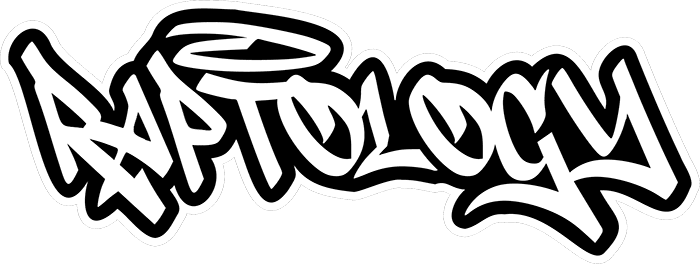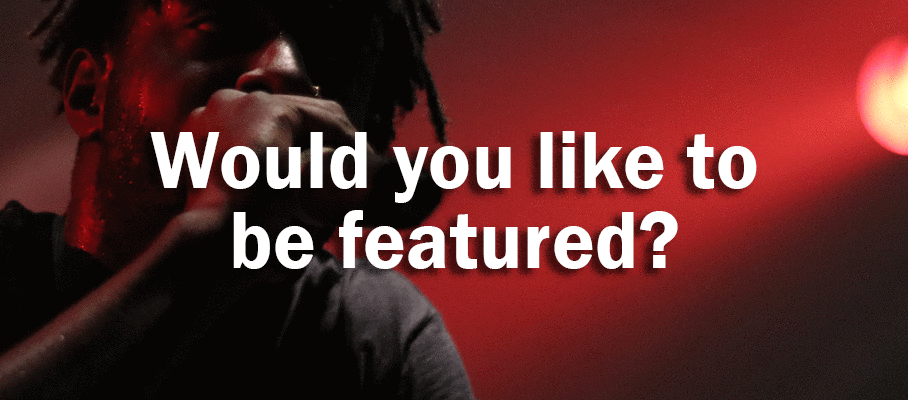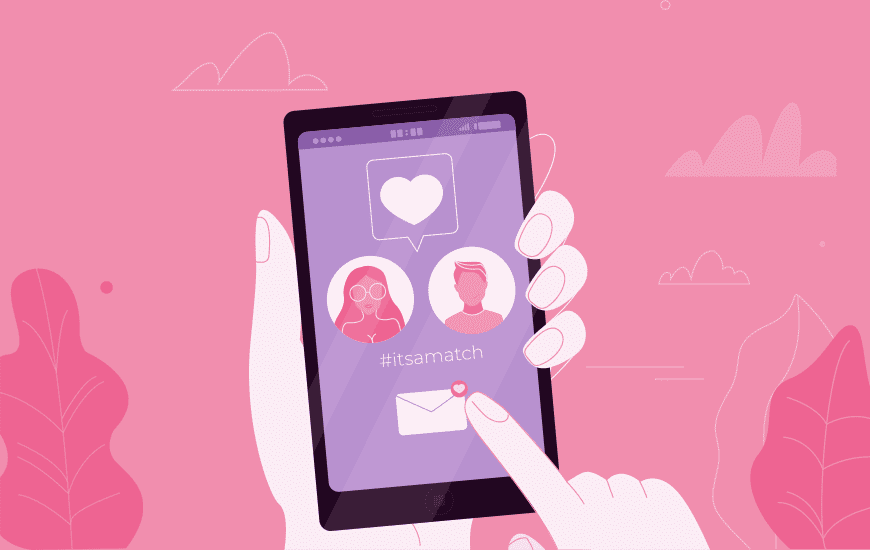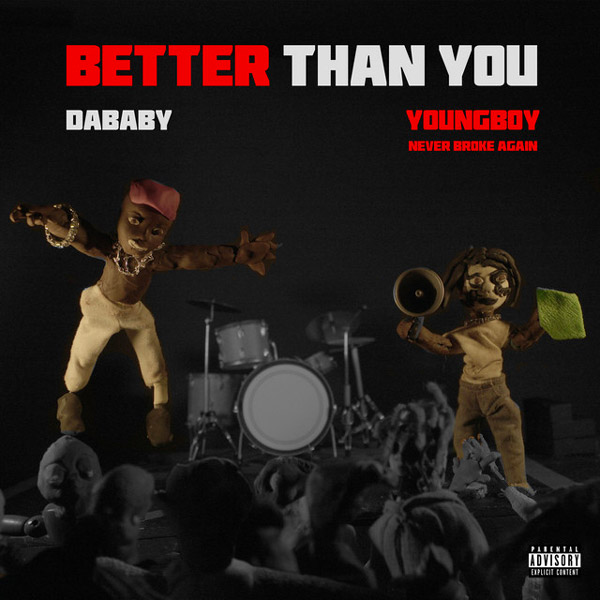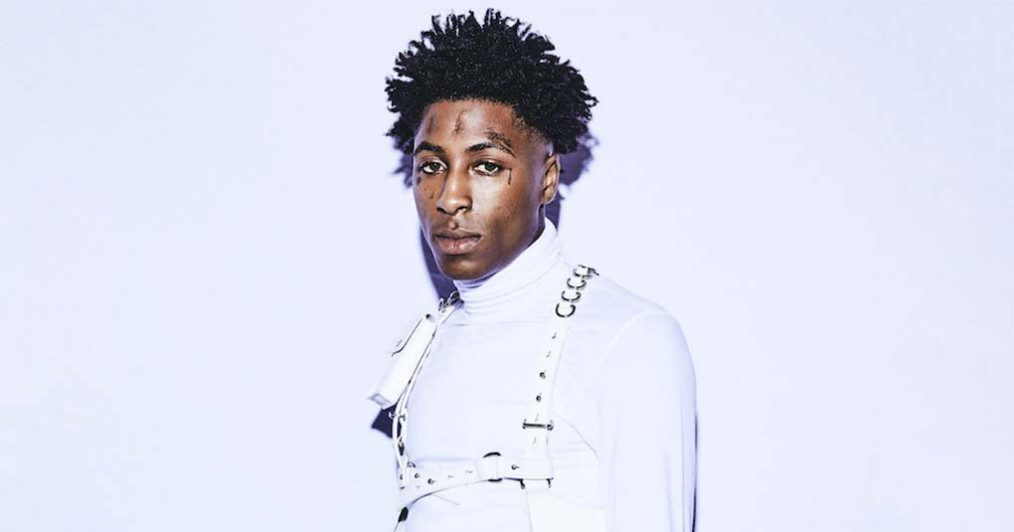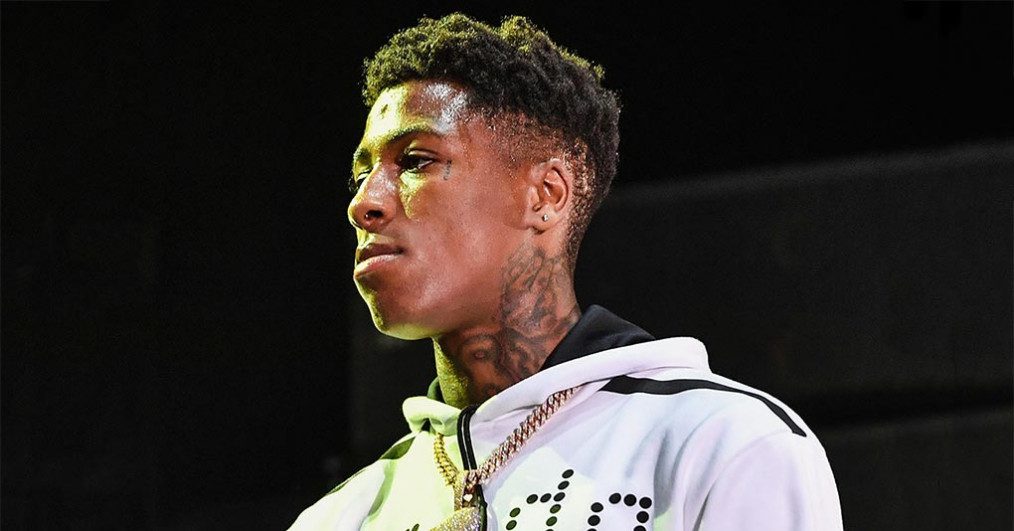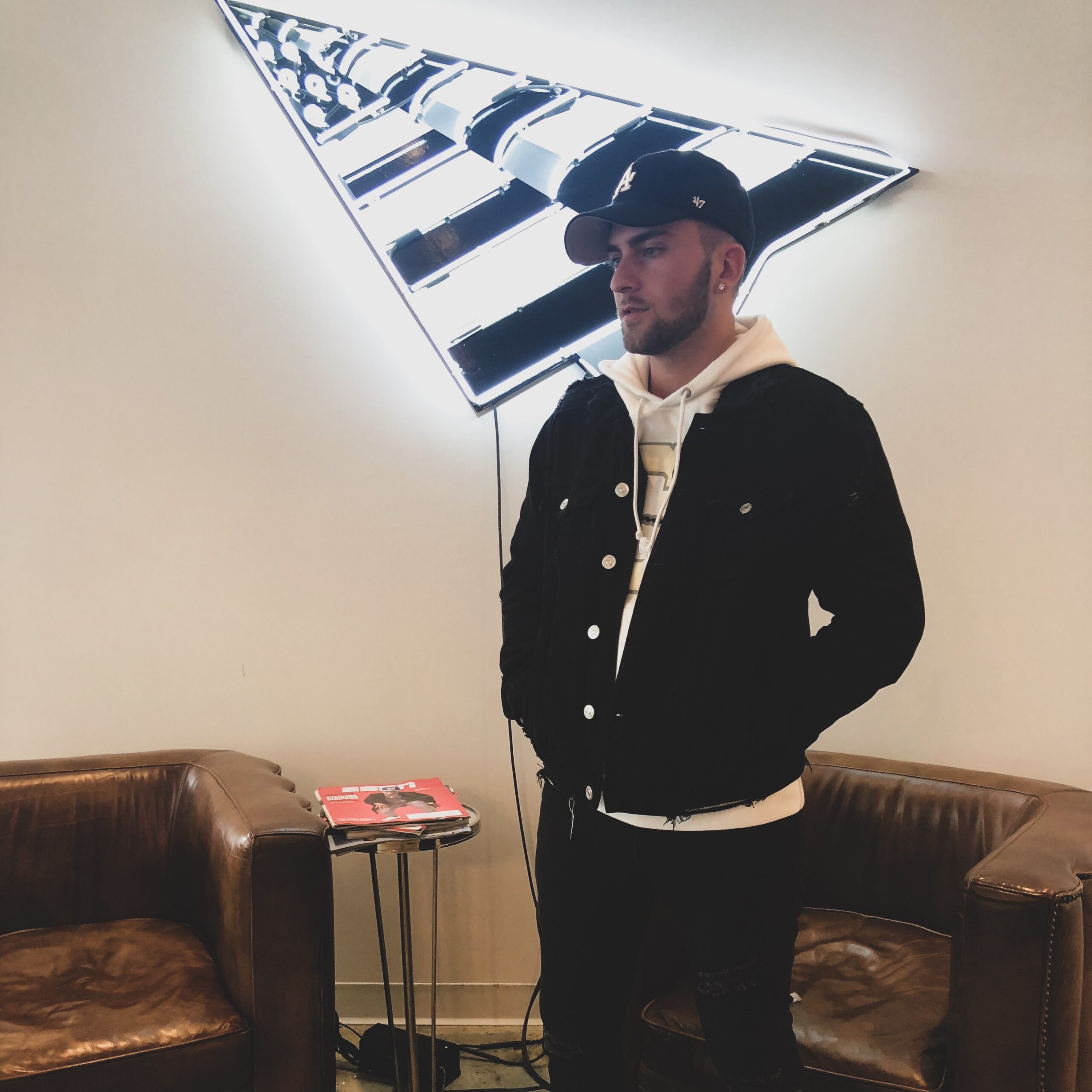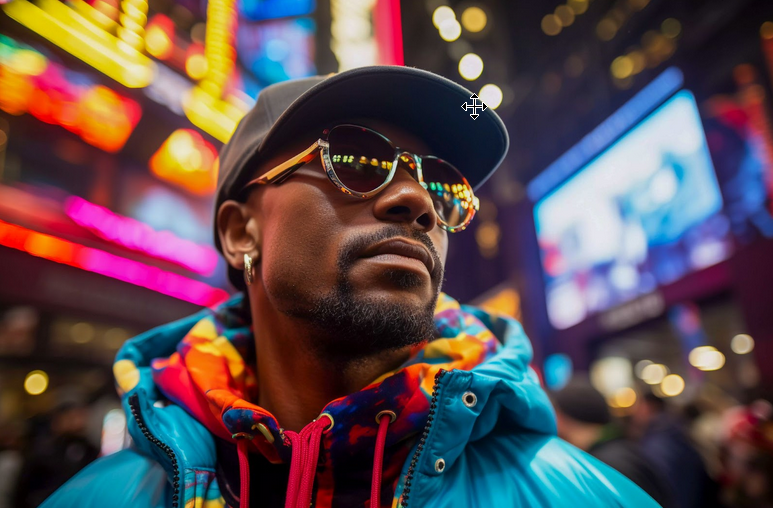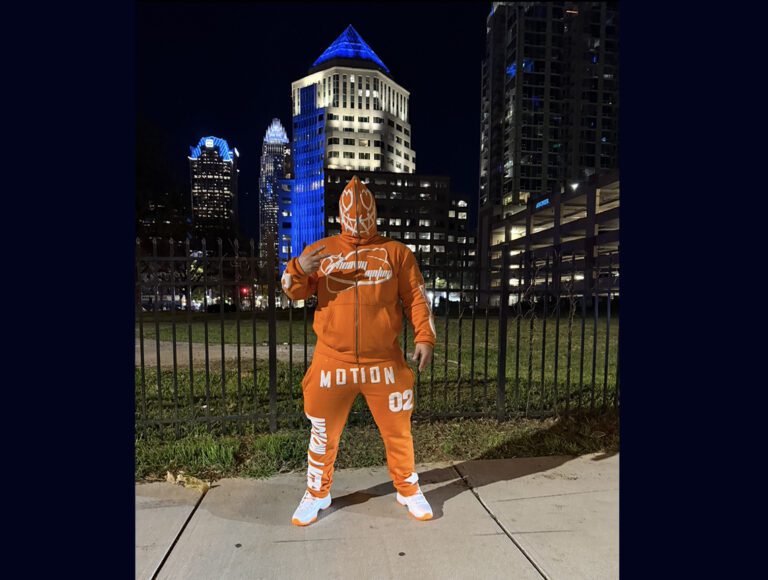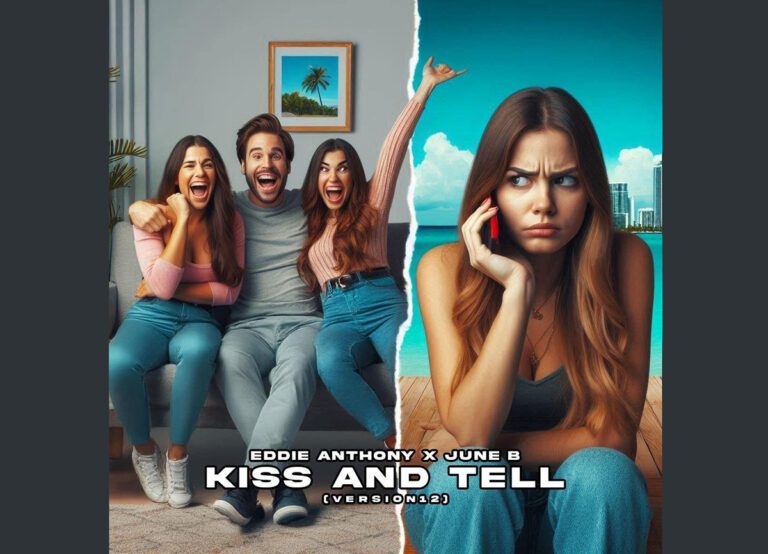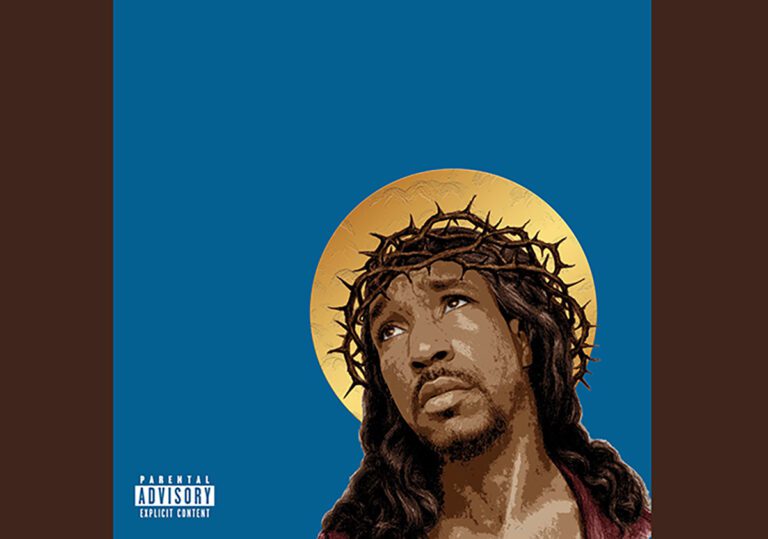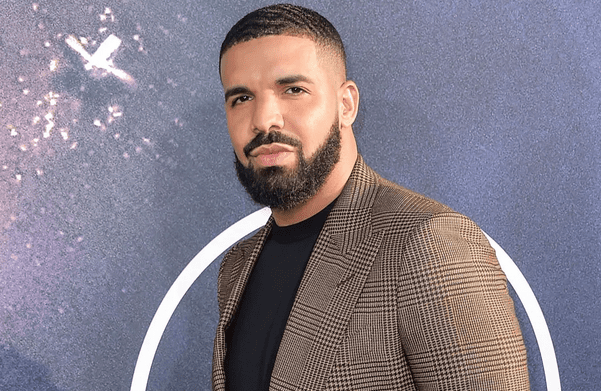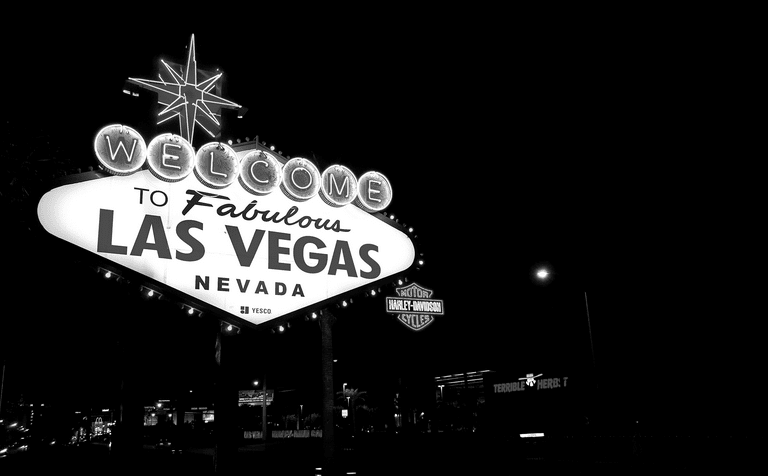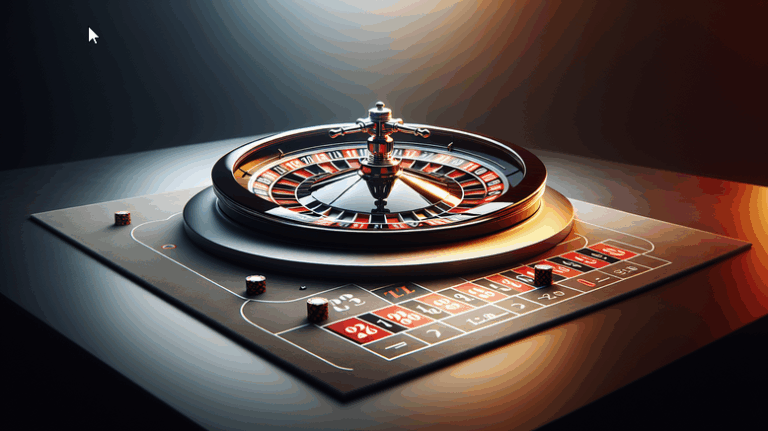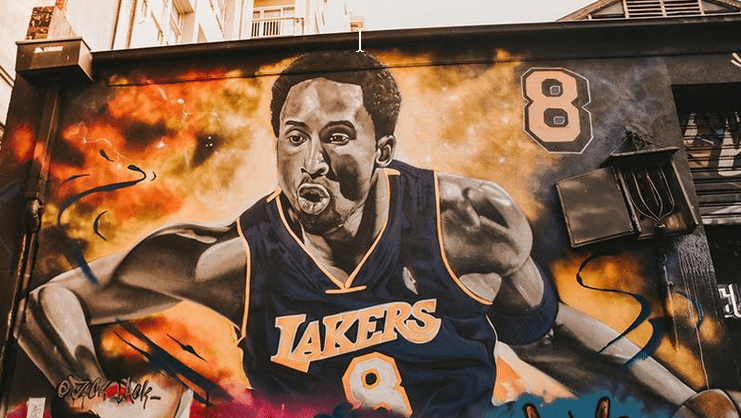
The connection between basketball and hip-hop culture is there for all to see, and it is stronger than ever in the National Basketball Association (NBA). There’s no denying hip-hop influences the NBA and vice versa. From streetwear collaborations to rap careers, pre-game playlists, and halftime shows, the NBA and hip-hop go hand-in-hand. Some of the NBA’s biggest stars have used their superstar status to break into the rap game, helping to shape the music and the culture surrounding it. Let’s look at the symbiotic relationship between hip-hop and NBA players in greater detail.
NBA Players Turned Rappers
Damian Lillard is among the most notable examples of the crossover between the NBA and rap music. Lillard has enjoyed a glistening basketball career, dazzling basketball fans with his on-court performances, which have resulted in him becoming an eight-time NBA All-Star. However, Lillard’s talents are not confined to the basketball courts; he is also an accomplished rapper, further blurring the lines between sports and entertainment.
Under the moniker Dame D.O.L.L.A, Lillard has released multiple albums. Unlike many celebrity athletes who have dabbled in music, Lillard’s rap career is no joke. His albums like The Letter O and Confirmed, alongside his collaborations with respected artists such as Lil Wayne, Mozzy, and Snoop Dogg, have showcased his talents away from the basketball court. The Letter O charted on the Billboard 200.
Shaquille O’Neal is another shining example of an NBA player who successfully crossed over into the rap world. O’Neal released several albums during the peak of his basketball career, including Shaq Diesel, which went platinum and peaked at number 25 on the Billboard 200 and number 10 on the R&B/Hip-Hop Albums charts.
Other basketball players have ventured into the rap world, albeit with varying degrees of success. They include Allen Iverson, Iman Shumpert, and Metta World Peace (formerly Ron Artest). While their success has not been on the scale of Lillard or O’Neal’s, their involvement in hip-hop has helped solidify the connection between basketball and hip-hop.
Hip-Hop’s Influence on NBA Culture
Hip-hop has had a significant influence on the NBA’s culture, particularly when it comes to style and self-expression. NBA players from the 1990s and early 2000s were often seen sporting baggy clothes, flashy jewelry, designer sneakers, and elaborate tattoos. Hip-hop’s influence on NBA culture was so strong that the NBA implemented a controversial dress code in 2005 that required players to wear business-casual attire while on official league business.
Despite this rule, hip-hop’s influence is ultra-strong among today’s NBA stars. Brands like Fear of God, Off-White, and Supreme have become staples of NBA players’ wardrobes as they sail close to the wind in what is acceptable by the game’s governing body. These days, players often showcase their outfits in pre-game tunnel walks akin to unofficial fashion shows!
The NBA’s Embrace of Hip-Hop
The NBA, perhaps realizing the link between basketball and hip-hop culture was too strong to suppress, has fully embraced hip-hop culture. Hip-hop music and rap songs blast out during warm-ups, timeouts, and halftime shows. The league has even incorporated hip-hop into its NBA All-Star Game. In 2020, Chance the Rapper, DJ Khaled, and Quavo took to the stage during the All-Star Game Halftime Show.
In turn, established rappers have become some of the NBA’s most passionate supporters. Celebrity rappers like Drake and Jay-Z are often seen courtside at NBA games, adding star power to the league. Drake is closely associated with the Toronto Raptors, while Jay-Z took things a step further by becoming a minority shareholder in the Brooklyn Nets. Jay-Z invested $1 million in the Brooklyn Nets and became a regular at their games. When he launched Roc Nation Sports, the rapper/producer sold his stake in the franchise to avoid potential conflicts of interest.
Additionally, several superstar players have regularly featured in ad campaigns and commercials using hip-hop aesthetics or music to appeal to younger audiences. In recent times, brands have utilized Kevin Durrant, James Harden, and LeBron James.
The Future of Hip-Hop and the NBA
The future of the relationship between hip-hop and the NBA looks bright, with more NBA players likely to explore careers in fashion, music, and other creative fields. The blossoming relationship is helped by the fact the NBA has come a long way since its 2005 dress code controversy and seems to have embraced hip-hop’s influence over everything connected to basketball.
Conversely, hip-hop and rap artists are becoming increasingly business-savvy and realize they can use the NBA’s reach to skyrocket their careers. The rise of streaming platforms has vastly reduced revenue for all musical artists, so they must adapt to the changing landscape if they want to sample the sweet taste of success. By collaborating with sporting giants like the NBA, hip-hop and rap artists can reach audiences worldwide, audiences that their product would not ordinarily be exposed to.
In Conclusion
The crossover between hip-hop and the NBA has created a cultural phenomenon that continues to shape both industries today. NBA players continue embracing hip-hop as fans and contributors, using their platform and unparalleled fame to express themselves away from the basketball court.
The musical successes of Damian Lillard and Shaquille O’Neal will undoubtedly continue to inspire new generations of basketball players wanting to make it in the hip-hop and rap realms. Fashionistas like Russell Westbrook and Shia Gilgeous-Alexander’s love of high fashion combined with hip-hop roots will ensure basketball and hip-hop spread to wider audiences than ever before.
It is evident that the bond between basketball, hip-hop, and rap is as strong as ever, and the potential for further growth is off the charts.
